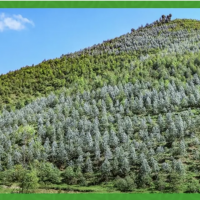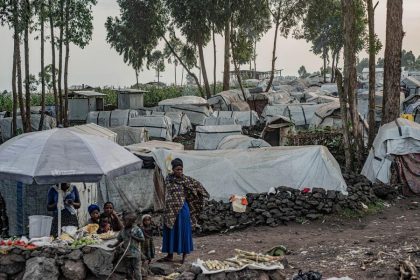The first initiative for Rwanda automotive industry, Volkswagen Mobility Solutions is the German’s car manufacturing firm.
The Head of State said that some people found it hard to believe that German cars could be built in Rwanda. “Yet today, the first vehicles are rolling off the assembly line,” he said.
“This facility undoubtedly represents a new chapter, in Rwanda’s journey of economic transformation. There are also positive implications for Africa more generally. Not only can global brands assemble high-quality products in Africa, they can also find customers here,” Kagame said.
Kagame said that Africa is not merely positioning itself as a new low-cost hub to manufacture goods for export, but African consumers will also be among the biggest contributors to growth in global demand in the years ahead.
He challenged Africans on paying higher price to second hand, and requested them to think about new things.
“Africa does not need to be a dumping ground for second-hand cars, or second-hand anything. In the long run, you end up paying a higher price anyway. If you pay a high price for second hand, why not pay for something new. Africa and Rwanda deserve better and this is one way of showing we can afford it,” Kagame noted.
How to move from assembling to manufacturing
Kagame said that Volkswagen’s operations in Rwanda reminds of working regionally. He said that Rwanda benefits from Volkswagen’s investment in Kenya and urged East Africa to build a regional manufacturing base.
“In the mid-term, the only way for us in East Africa to move up the industrial value chain from assembly to manufacturing is to build an integrated regional manufacturing base,” he said.
“When we shift from a logic of competition to one of cooperation, we all gain. Success is about partnership and leveraging our strengths,” Kagame tipped East Africa Member countries.
He said that software and technology, combined with innovations in sales and distribution strategies will allow people to have routine access to a new car without the costs of ownership.
Volkswagen Services
Speaking at the event, the Volkswagen Integrated Mobility Solutions in Rwanda Chief Executive Officer, Michaella Rugwizangoga said that in July they will start with Cooperate car sharing, a service dedicated to institutions, cooperates and non-government organisations.
“We would start with forty vehicles and look to increase to 140 vehicles. This will be followed by ride-healing with initial fleet of 150 vehicles,” she said.
She said that in 2019, they will have public car sharing, with vehicles available in stations which can be self-driven. She said it will be followed by a charter service and peer to peer car sharing service.
Thomas Schäfer, Volkswagen South Africa Chief Executive Officer said that the launch of the plant cements another pillar into the ground of Volkswagen Sub-Saharan Africa strategy.
“Our goal is to play a leading role in the emerging automotive industry in Africa as we pursue a rapid and flexible expansion strategy over the coming years,” he said.
Schäfer said that Rwandans will buy different models assembled locally like VW Polo, VW Passat, VW Tiguan, VW Amarok and VW Teramont
He said that their facilities in phase one have capacity to assemble 1000 cars per year.
“As demand increases, we will move to phase two where we will increase the capacity up to 10,000 cars and from here we will move to the level of manufacturing,” he said.
He said that that they will spend $USD20 million in phase one.
Price per brand
The Volkswagen’s cheaper local assembled car model is VW Polo which is $23 881 (over Rwf20 million).
For VW Passat is $37 674 (Around Rwf33 million), VW Tiguan is $37 719 (Rwf33 million), VW Amarok is $44 559 (over Rwf38 million) and VW Teramont is $48 156 (Rwf42 million) which is the expensive brand src :igihe
The Express News










